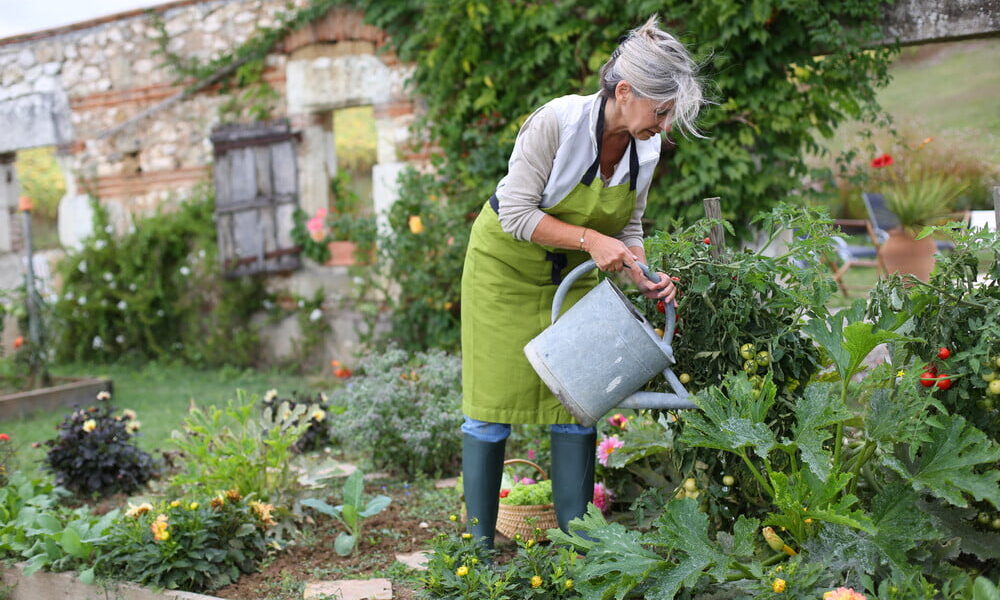
Starting a garden can be an exciting and rewarding experience, but it can also be overwhelming for beginners. With so many plants, tools, and techniques to choose from, it’s easy to feel lost. However, with a few basic tips and techniques, even novice gardeners can create a beautiful and productive garden. Here are some gardening basics for beginners:
Choose the Right Location
The first step in starting a garden is choosing the right location. Most plants need at least six hours of sunlight per day, so choose a spot that gets plenty of sun. Make sure the soil is well-draining and has good fertility. Avoid areas with heavy foot traffic or where pets may roam, as this can damage plants.
Start Small
One of the biggest mistakes beginner gardeners make is starting too big. It’s easy to get carried away and try to plant everything at once, but this can lead to frustration and burnout. Start small with a few easy-to-grow plants and gradually expand your garden as you gain more experience.
Choose the Right Plants
When choosing plants for your garden, consider factors such as climate, soil type, and sun exposure. Choose plants that are well-suited to your growing conditions and that you enjoy eating or looking at. Some easy-to-grow plants for beginners include tomatoes, peppers, herbs, and flowers such as marigolds and zinnias.
Prepare the Soil
Before planting, it’s important to prepare the soil. Remove any weeds, rocks, or debris and loosen the soil to a depth of at least six inches. Add organic matter such as compost or aged manure to improve soil fertility and structure.
Water Wisely
Watering is essential for plant growth, but it’s important to do it wisely. Water deeply and infrequently, rather than shallowly and frequently. This encourages plants to develop deep roots and helps them withstand drought conditions. Avoid getting water on the leaves, as this can lead to fungal diseases.
Mulch
Mulching around plants helps retain moisture in the soil, suppress weeds, and regulate soil temperature. Apply a layer of mulch such as straw, leaves, or wood chips around plants, being careful not to cover the stems or leaves.
Harvest Regularly
Harvesting regularly encourages plants to produce more and helps prevent overripe or spoiled produce. Check plants regularly for ripe fruits or vegetables and pick them as soon as they’re ready. This also helps prevent pests and diseases from spreading.
Be Patient and Learn from Mistakes
Gardening is a learning process, and it’s inevitable that mistakes will be made along the way. Don’t get discouraged if plants don’t grow or if pests or diseases appear. Use these experiences as learning opportunities and adjust your practices accordingly. With time and patience, even novice gardeners can create a thriving and beautiful garden.

